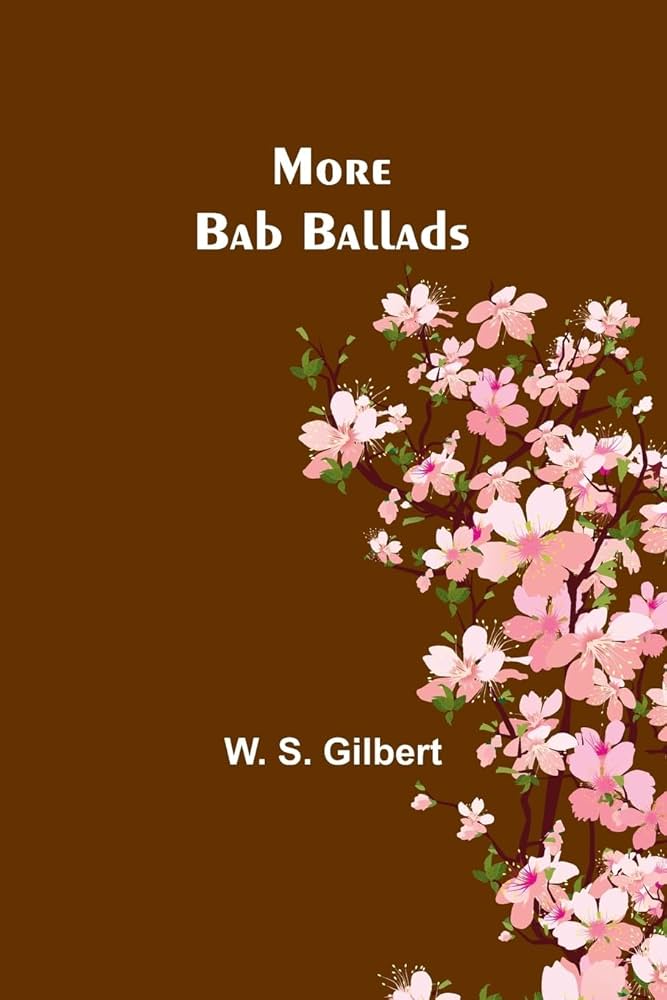Ballad: An Unfortunate Likeness
byAn Unfortunate Likeness follows an artist whose lifelong ambition is to capture the essence of Shakespeare through portraiture. Over the years, he’s attempted every imaginative variation—from the playwright as a child to Shakespeare engaged in unlikely professions—all falling short of conveying the elusive spark in the poet’s eye. The struggle isn’t in his technique but in finding the right face to mirror the legend. One afternoon, while adjusting a new piece for exhibition, his gaze locks on a man strolling by—his face uncannily reminiscent of the Bard himself. Elated, the artist sees his lifelong search finally ending. He approaches with urgency, asking the man to sit for a portrait, his mind racing with creative possibilities. Though hesitant, the stranger agrees, unaware of the strange turn their meeting is about to take.
As the artist begins his work, he is struck not only by the visual likeness but by the dignity carried in the man’s posture. He muses aloud that even the act of sneezing, if done with Shakespeare’s face, must feel profound. Every detail seems infused with history—lines that could hold sonnets, brows that once might have furrowed over Hamlet’s fate. But as the session progresses, the man begins to share the burden of his face. What seemed like fortune to the artist has, in truth, been a lifelong annoyance for the sitter. Everywhere he goes, people expect speeches instead of conversation, elegance instead of casual remarks. When he attempts humor, he is judged against literary wit. When he offers opinions, they are weighed against Elizabethan eloquence. His face, though not his fault, becomes a mask he cannot remove.
He recounts failed friendships, awkward parties, and the weight of silent pressure placed upon him. He is not allowed to be ordinary because people demand something extraordinary. Even in the most mundane moments—walking into a shop or sitting in church—he feels eyes asking for Shakespearean gravity in everything he does. This appearance, once admired by others, has become a burden to bear, stripping him of any freedom to be known as himself. The artist, initially thrilled, begins to feel a creeping guilt as he realizes the truth. The gift he envied was, in reality, a lifelong trap for the man who bore it. Even his own portrait request now seems like one more instance of denying the sitter’s individuality. What was supposed to be a tribute becomes a reminder of confinement.
By the time the sitting ends, the artist has gained more than a likeness—he has acquired a perspective he never anticipated. He no longer sees his subject as a lucky resemblance, but as someone whose identity is trapped under the shadow of another. The resemblance that once seemed magical is now something deeply human and quietly tragic. His envy dissolves into empathy, and he hesitates to even sign the finished portrait. Not because it lacks skill, but because it may further the curse of visibility that has haunted the sitter’s life. The irony is sharp but never cruel. The painter had searched so long for a reflection of greatness that he overlooked the cost of carrying that reflection every day.
What began as artistic triumph ends with a moral lesson disguised in verse. The poem gently reminds readers that appearances can come with unexpected consequences, and that admiration from a distance often fails to recognize the personal cost behind the admired traits. The man who looks like Shakespeare carries not reverence, but exhaustion. The artist, humbled, steps back from his canvas not with pride, but with a new understanding. And the man, though gracious, exits with the quiet dignity of someone who has spent a lifetime living behind borrowed greatness. This ballad, light in tone yet heavy in meaning, explores the price of resemblance, the illusion of envy, and the desire all people have to be seen not for their faces, but for their selves.


